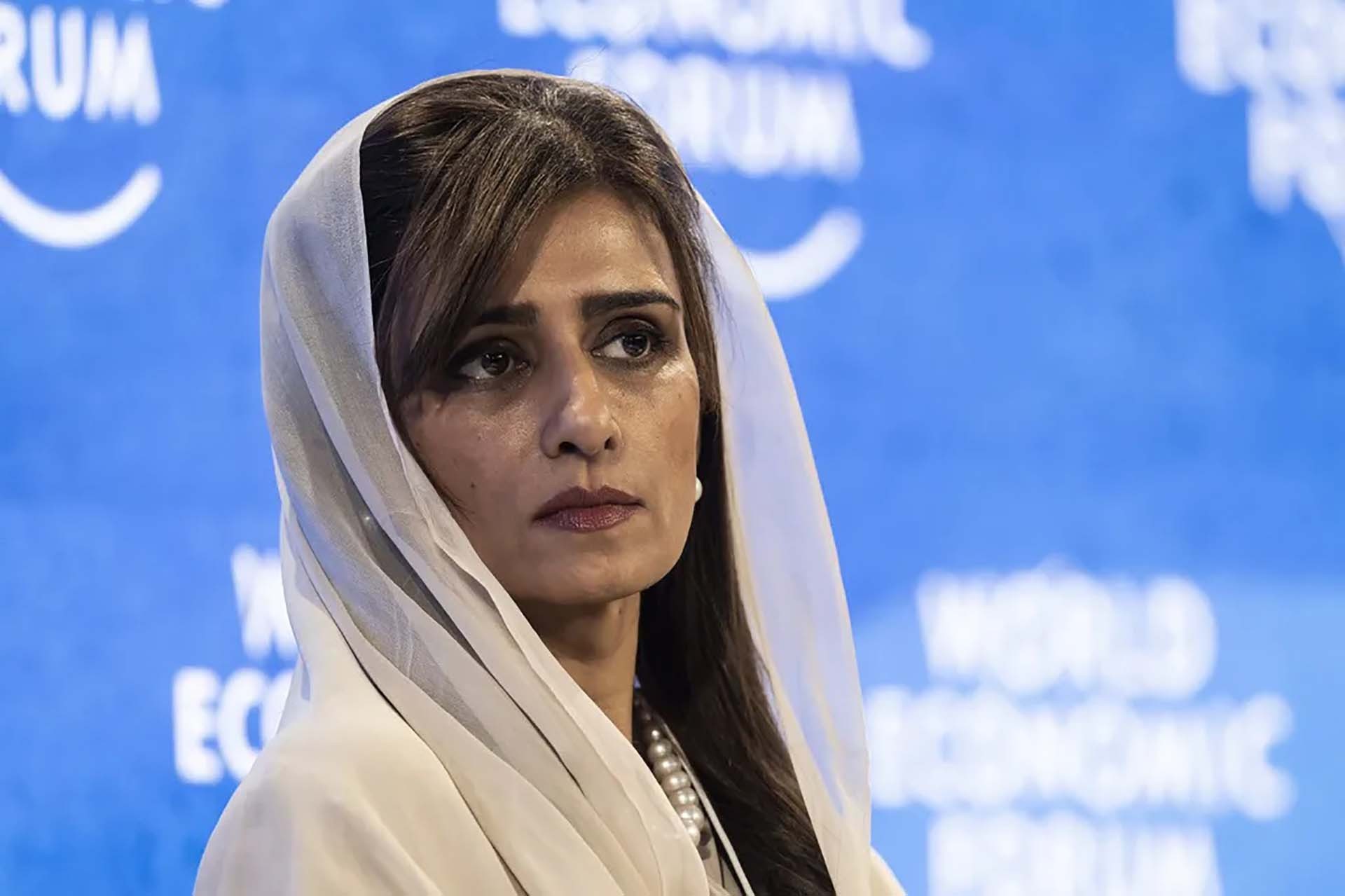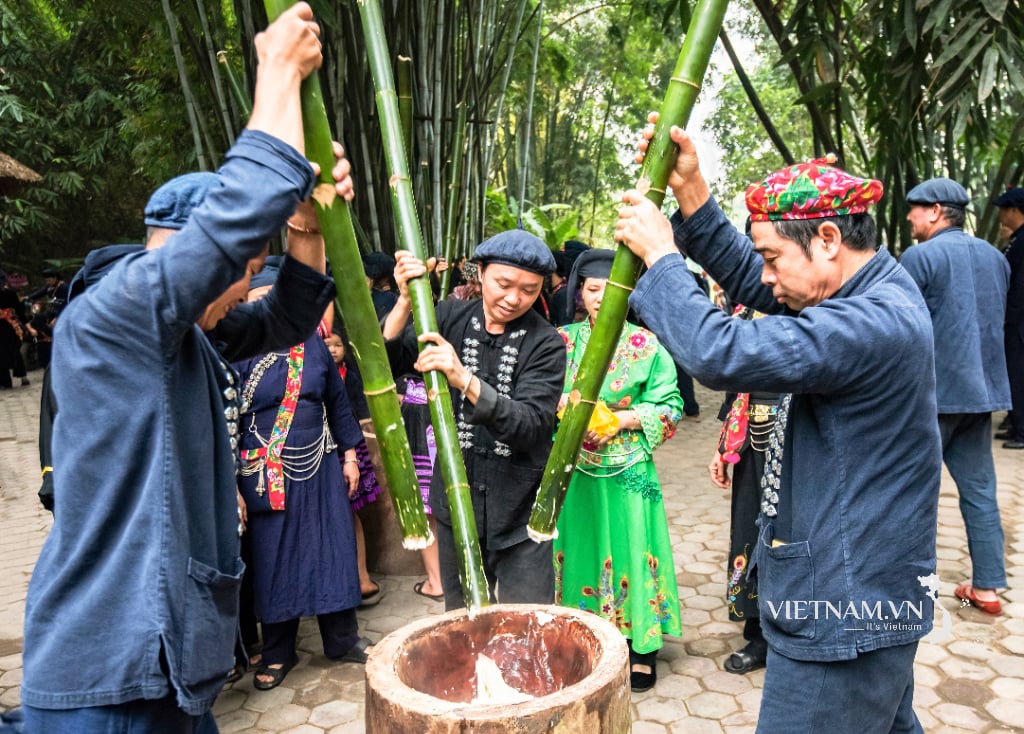On June 14th, Politico (Belgium) published an interview with Pakistan's Minister of State for Foreign Affairs , Hina Rabbani Khar, containing several noteworthy points.
 |
| Pakistan's Minister of State for Foreign Affairs , Hina Rabbani Khar. (Source: EPA/EFE) |
Commenting on Pakistan's position in the current US-China tensions, Hina Rabbani Khar stated: "The idea of dividing the world into two blocs worries us greatly. We are very concerned about this division, as well as anything that further divides the world."
The diplomat stated that, on the one hand, Pakistan “used to cooperate closely with the US and we don’t want to change that.” On the other hand, she noted that Islamabad currently maintains close cooperative relations with Beijing and “that was normal, until people suddenly started seeing China as a threat.”
The Pakistani Foreign Ministry's Secretary of State's viewpoint is well-founded, considering the country's ties with both the US and China.
Even as the U.S. expressed dissatisfaction, and even cut military aid in protest against the former alliance between Pakistan and the Taliban, Washington still considers Islamabad a crucial military partner. Last year, the U.S. Department of Defense approved a $450 million equipment contract to maintain Pakistan's F-16 fighter jets.
At the same time, China is deepening military cooperation with Pakistan, aiming to compete with India's influence in South Asia. The cruiser construction contract between the two countries is a prime example. Chinese investors are increasingly present in Pakistan through projects building roads, hospitals, high-speed rail systems, and energy networks.
Recently, the South Asian country has been using the Chinese yuan to pay for Russian crude oil at preferential prices, instead of using the US dollar as before.
However, the slow progress and low efficiency of projects within the China-Pakistan Economic Corridor (CPEC) raise many questions.
According to Hina Rabbani Khar, the US remains a unique superpower, capable of "shaping" the international norms that Pakistan pursues. Meanwhile, the greatest value that Beijing brings to Islamabad is "an economic model capable of lifting the country out of poverty."
In the current context, Pakistan's economic cooperation with China is dominant. Beijing has affirmed its intention to resume financing soon after Islamabad repays a $1.3 billion debt in the coming weeks. Previously, the International Monetary Fund (IMF) failed to reach an agreement with Pakistan at the expert level on a $1.1 billion bailout package to prevent the country from declaring bankruptcy.
However, Hina Rabbani Khar argued that neither the US nor China can help Pakistan solve the urgent problem of the Taliban. Pakistan is now struggling to maintain security at its borders due to the Taliban's destabilizing actions. Nevertheless, she emphasized, "We do not welcome any country deploying forces to resolve this issue." According to her, diplomacy is the correct approach to this situation.
However, will that be enough for Pakistan to solve this thorny problem, while simultaneously overcoming economic challenges and remaining resilient in the face of US-China competition?
Source







![[Photo] General Secretary To Lam attends the meeting between voters and candidates for the 16th National Assembly.](https://vphoto.vietnam.vn/thumb/1200x675/vietnam/resource/IMAGE/2026/02/26/1772088196117_a1-bnd-7412-5887-jpg.webp)
































































![[Photo] Prime Minister Pham Minh Chinh presides over the meeting of the Central Steering Committee on Housing Policy.](https://vphoto.vietnam.vn/thumb/402x226/vietnam/resource/IMAGE/2026/02/26/1772088860610_anh-man-hinh-2026-02-26-luc-13-54-08.png)









































Comment (0)